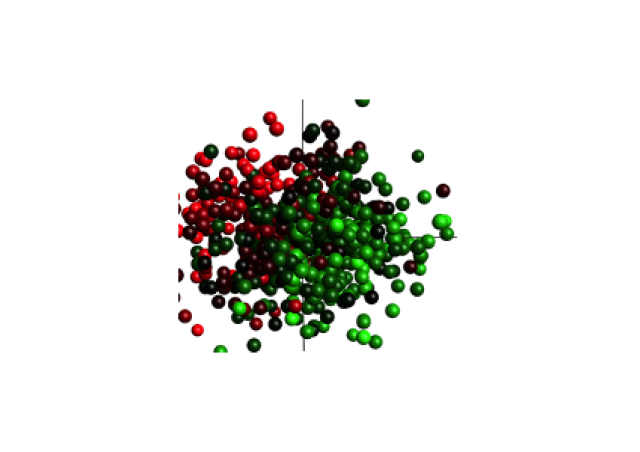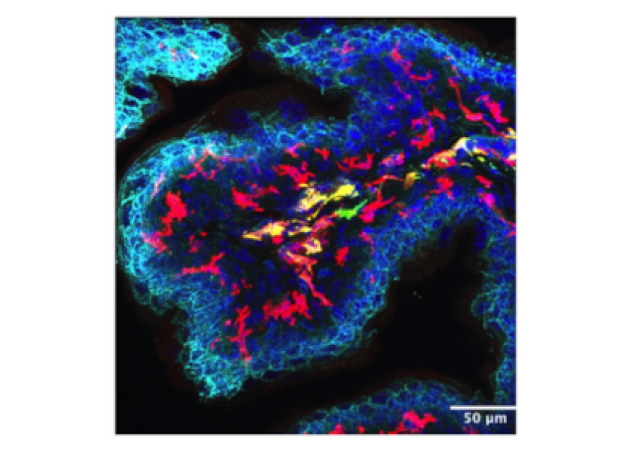Project members

Project
Given the profound differences between the sexes in UTI and bladder cancer, it is critical to determine how sex influences bladder mucosal immunity. Differences in incidence, prevalence, and severity to infectious diseases between the sexes has long been recognized, however, mechanisms underlying these differences are poorly understood. In UTI, women are more susceptible to infection, but male UTI is more severe. Using a transurethral UTI model to directly compare infection in both sexes, we found that male and testosterone-treated female mice remain chronically infected, with abrogated cytokine expression and innate immune cell infiltration. Untreated female mice resolve infection and are globally more inflamed than male mice, with high levels of IL-17. Neutralizing IL-17 abolishes resolution in female mice, revealing a therapeutic target, shaped by sex differences, in UTI.
We hypothesize that variance in sex hormone levels determines the ability to respond effectively to UTI. Currently, we are assessing the impact of additional hormones, such as estrogen, and clinically relevant suppressors of hormone signaling on response to infection. We will use tissue-specific inducible hormone receptor-deficient mice, to test the impact of hormone signaling within the bladder or on defined immune cell populations. To investigate this relationship and generate data to support therapeutic approaches to modulate hormone levels in UTI patients, we will measure levels of sex hormones in plasma samples from the MI healthy donor cohort and a cohort of acute and recurrent UTI patients and then integrate sex hormone measurements into a model incorporating cytokine and transcriptomic responses in stimulated samples. Our final objective will be to develop relevant ex vivo and in vitro models to test the influence of sex hormones on the bladder mucosa and its interaction with uropathogens.








